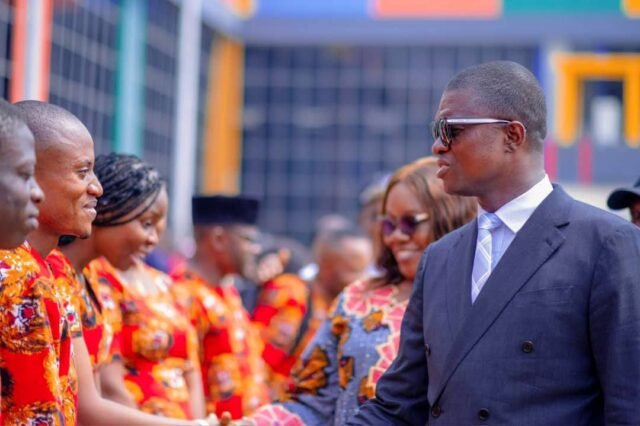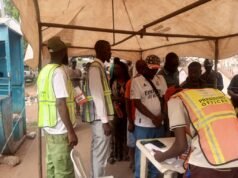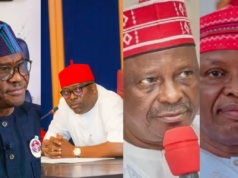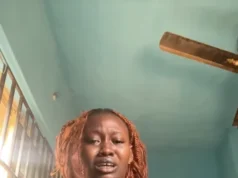In a bold move to address persistent challenges in learning and knowledge gaps, Governor Francis Ogbonna Nwifuru of Ebonyi State has announced the creation of a standalone Ministry of Higher Education, divorced from the existing education ministry. According to the governor, this structural change is a deliberate strategy to counter illiteracy and ignorance across the state.
Speaking during the simultaneous commemoration of Nigeria’s 65th Independence Day and Ebonyi’s 29th anniversary as a state in Abakaliki, Nwifuru said the decision aligns with his administration’s long-term plan to sharpen focus and accountability in educational governance. “We are fighting illiteracy and ignorance by demarcating responsibilities—primary and secondary education remains under one ministry, while tertiary institutions get their own dedicated ministry,” he declared.
The governor emphasised that a specialised ministry for higher education will allow the government to provide more tailored oversight, better funding, and sharper policy direction for universities, polytechnics, and other post-secondary schools.
Table of Contents
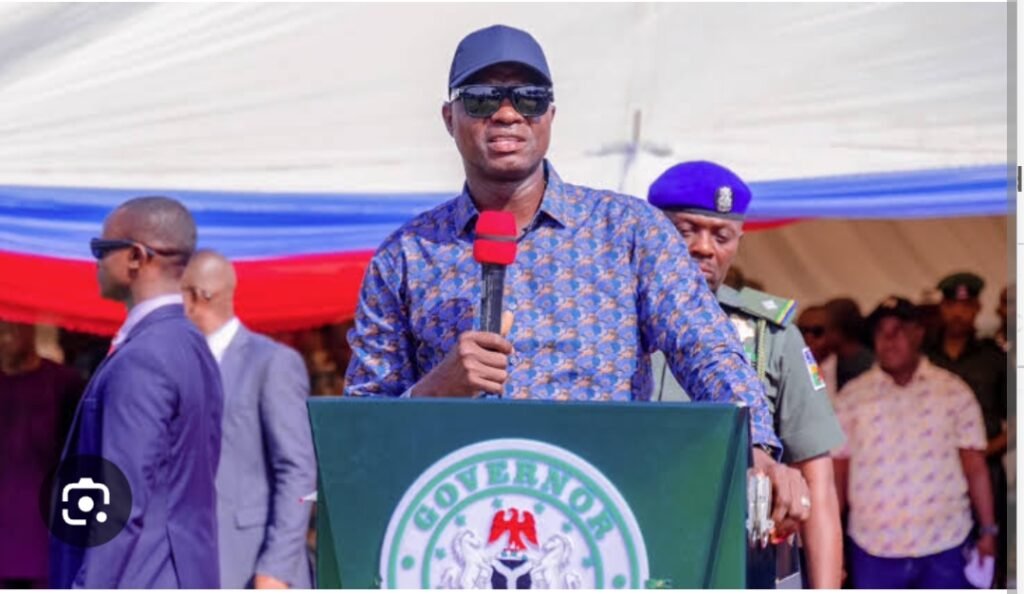
Rationale, Vision and Strategic Goals
Governor Nwifuru explained that when his administration assumed office, education was to be the central compass driving Ebonyi’s developmental agenda. He believes the bifurcation will sharpen the state’s ability to pursue educational excellence across all levels.
He also highlighted that the move is more than a bureaucratic rearrangement. It reflects a philosophy: that fighting illiteracy requires investing in every level—especially tertiary education, which has long been underserved. Under the new structure, policies for higher institutions can be crafted without being diluted by the demands of primary and secondary schooling.
In his Independence Day address, Nwifuru further recounted progress made so far — including a scholarship programme that has supported Ebonyi graduates to pursue master’s and doctoral degrees domestically and abroad.
He also spoke of infrastructure efforts, especially in lower levels of schooling, noting that 22-classroom blocks have been built in each of the 39 model secondary schools, alongside 12-classroom blocks for primary schools.
Moreover, Nwifuru pointed to ambitious plans for specialised institutions, such as the University of ICT at Oferekpe Agbaja and the University of Aviation and Aeronautical Engineering, aimed at catalysing skills in tech and aeronautics.
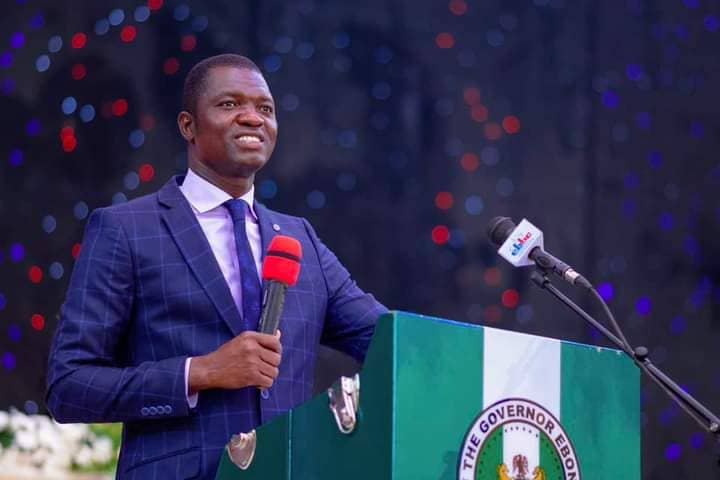
Reactions, Challenges and Expectations
The governor’s announcement has drawn attention from across the state’s education and civil society sectors. Stakeholders regard the creation of the Ebonyi higher education ministry as a potentially transformative step, provided it is followed by proper funding, skilled leadership, and continuity.
Critics warn that the success of this move depends not merely on structure, but on execution. There will need to be clarity on staffing, resource allocation, and coordination with the existing ministry. Some also question whether the state can sustain two separate ministries in the face of limited budgets.
Supporters, on the other hand, believe that the segregation will mitigate the perennial problem of competing priorities. They argue that tertiary institutions require distinct approaches to curriculum development, research, infrastructure, and accreditation — often sidelined when they share oversight with schools.
In tandem with the split, the governor called for heightened collaboration between state and federal agencies, private institutions, and international partners to ensure Ebonyi’s tertiary sector is competitive. He urged university leaders to step up in innovation, quality assurance, and responsiveness to societal needs.
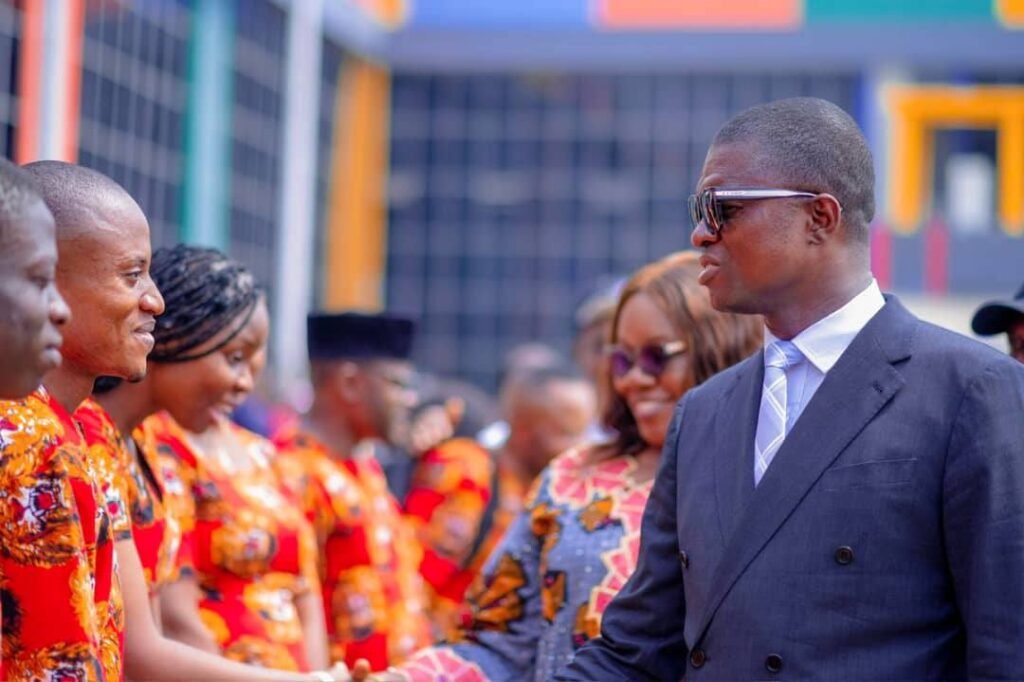
What This Means for Ebonyi’s Educational Landscape
The new arrangement will afford Ebonyi State more direct control over higher education policy. Rather than tertiary institutions being squeezed under a generalist ministry, they will have dedicated leadership, budget lines, and advocacy.
For students and academics, this promises swifter responses to challenges such as accreditation, funding, staff development, and infrastructure gaps. In the medium term, it could lead to more scholarship opportunities, research grants, and institutional autonomy.
However, success will depend on how governors and education officials manage the transition. Seamless coordination, transparent governance, and sustained investment will be critical. Without these, structural change alone may fall short of translating into improved learning outcomes.
For now, according to Governor Nwifuru, Ebonyi State is sending a clear message: education is non-negotiable — and in particular, that a dedicated path must be carved for tertiary learning if the state is to move decisively against ignorance and illiteracy.
Join Our Social Media Channels:
WhatsApp: NaijaEyes
Facebook: NaijaEyes
Twitter: NaijaEyes
Instagram: NaijaEyes
TikTok: NaijaEyes
READ THE LATEST EDUCATION NEWS


